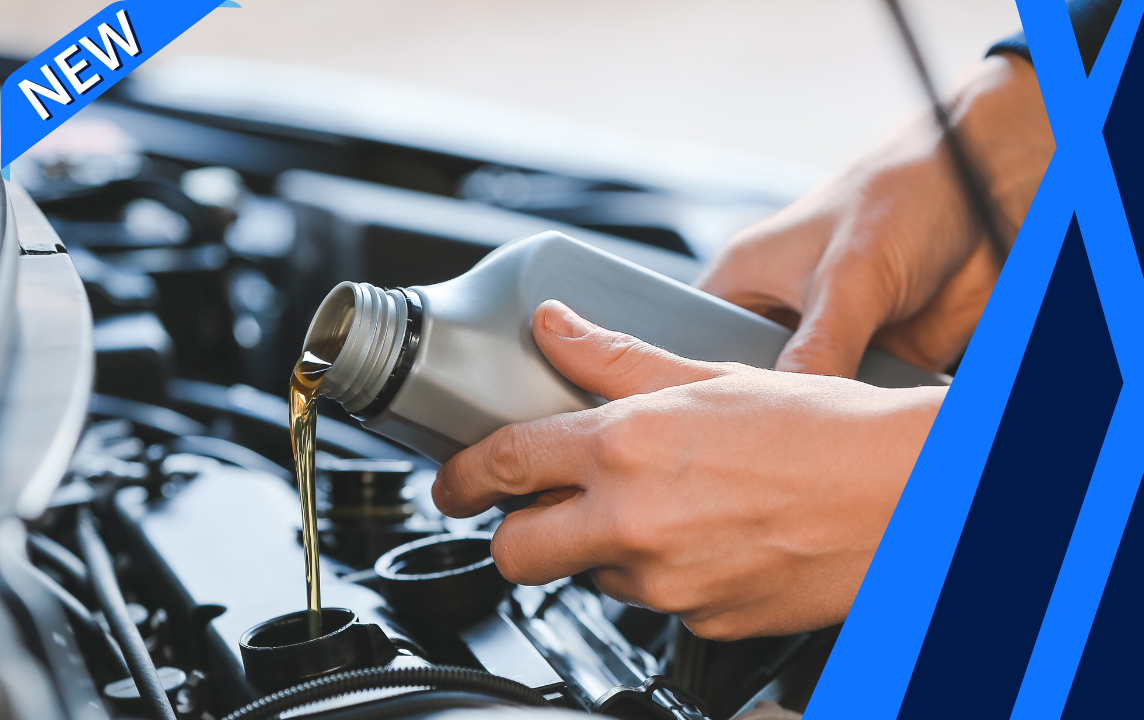Description
Exhaust Manifold Gasket Replacement
What is the Exhaust Manifold Gasket all about?
Depending on your engine and type of vehicle, the exhaust manifold can either be a set of pipes or a cast iron manifold assembly. Essentially the exhaust manifold takes the burned exhaust gases from the engine’s cylinders and ejects the gas through the exhaust system and out through the car’s tailpipe. The exhaust manifold gasket seals the surface of the exhaust manifold to the surface of the cylinder head, preventing leaks in the system. Over time, the constant expansion and contraction of the components (caused by constant heating and cooling in the engine), may cause the gasket to leak. These leaks can be hazardous as hot exhaust gases escape and damage other components in the engine compartment. A leaky exhaust manifold gasket can also impact engine performance.
Keep in mind:
Sometimes an exhaust manifold starts to leak because a mounting bolt has broken. If this happens, the mechanic will have to remove the broken bolt or stud, increasing the labour time needed to fix the problem. Your mechanic may charge you an additional fee, depending on the severity of the situation.
How it’s done:
- Inspect exhaust system for leaks.
- Determine if it is the manifold or flange gasket that is leaking.
- Remove and replace faulty gaskets.
- Apply anti-seize to the threads of the bolts.
- Install new exhaust manifold gasket.
- Start the car and check for any exhaust leaks.
Our recommendation:
The exhaust manifold gasket helps in transferring burned gasses from the engine. It is located in a high-temperature zone, and it will leak eventually. There is no way to prevent it. Your mechanic should use an anti-seize compound on the bolts when they are replacing this part. This will help avoid bolts from breaking in the cylinder head.
What common symptoms indicate you may need to replace the Exhaust Manifold Gasket?
- Loud noise from the engine.
- Lack of engine performance.
- Check engine light is on.
- Smells from the engine compartment (e.g. plastic components next to exhaust manifold melting from escaped heat).
How important is this service?
A leaky exhaust manifold is a health and safety concern. Hot exhaust gases escaping from the engine can be a fire hazard melting nearby plastic components in the engine compartment.




